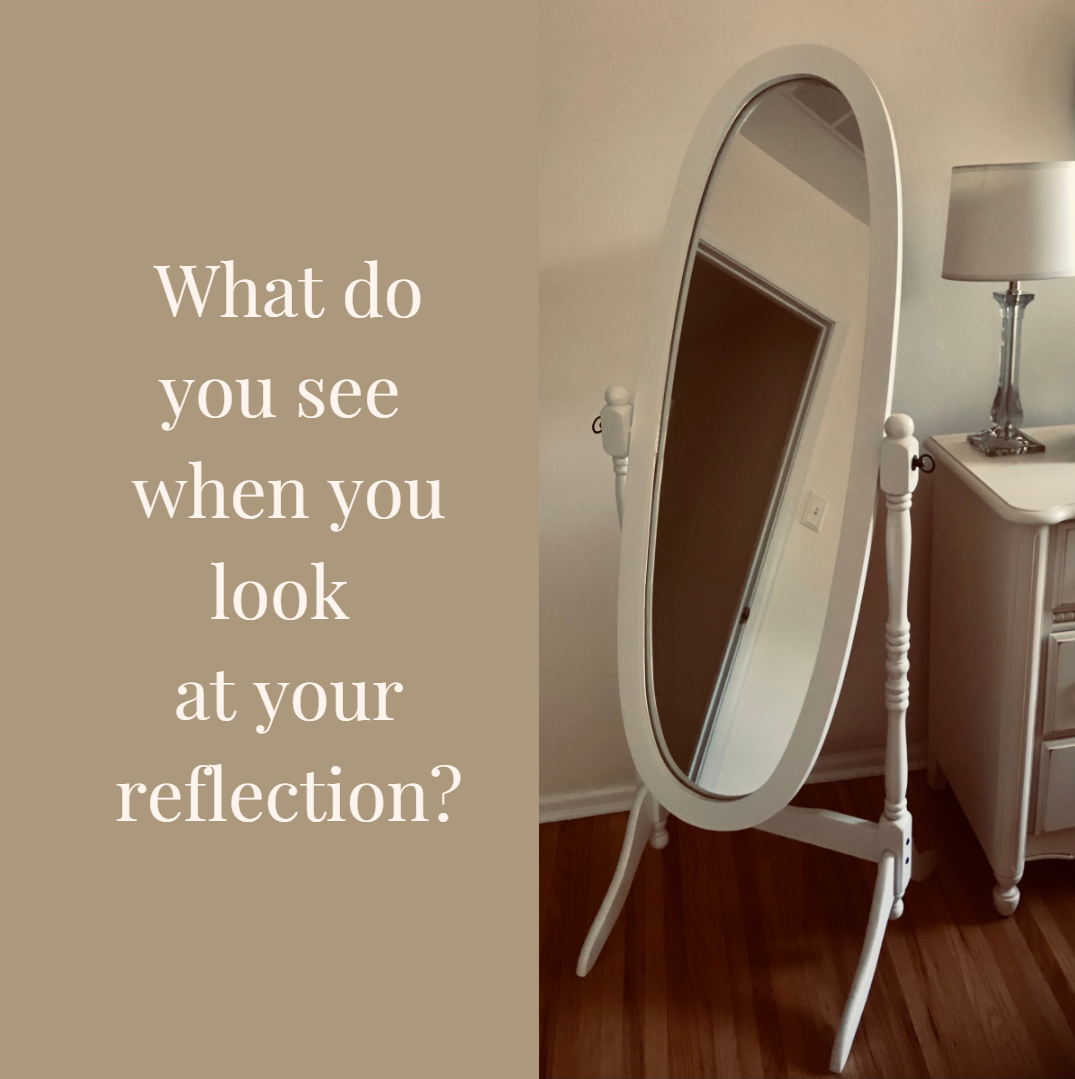
What do you see when you look at your reflection?
I’ll be honest, lately what I mostly see is the way my body has changed over the last year. I notice how pale the skin on my stomach has become since I’ve decided to stop wearing bikinis – an act of self-care to minimize my hyper-awareness of my waistline. I notice the weight I’ve gained since I decided to take a much-needed break from rigorous exercise to regain my menstrual cycle. I notice how much cellulite is now visible all over my thighs which I used to fight tirelessly to avoid. These things I notice are all inherently neutral, but my brain has a tendency to mentally filter them out as negatives that need fixing. These thoughts get especially loud when I find myself worried about what other people think, magnifying other’s bodies and minimizing my own. And I’m fucking sick of it.
The good news is that it’s possible to unlearn internalized fatphobia. I can shift my mindset from where it’s been for almost 30 years by progressing through a thought ladder in order to achieve body neutrality. Instead of spiraling into shame, strict food rules, and overexercising like I used to, I’m challenging my brain. Research shows that girls internalize the importance of restricting their food intake as early as 5 years old. To build new neural pathways, I start by questioning where I learned to be ashamed in the first place.
If I consider what the 4 year-old me thought when I looked at my reflection, I can guess it was absolute awe. I saw a belly that nourished me with yummy food, and legs that allowed me to walk, run, jump, and dance. And I probably viewed all bodies with awe because all bodies were (and are) good bodies. Before I was conditioned by external influences, I had no reason to believe a soft belly and cellulite were flaws.
Before the beauty industry marketed a ‘solution’ for these so-called ‘problems’, a soft belly and cellulite were naturally occurring phenomena that existed on most bodies. But growing up in the 90’s – era of Jessica Simpson as Daisy Duke being the physical ideal I thought I should strive for – I internalized the message that these neutral features were bad. That doing everything in my power to avoid them at all costs made me morally superior to people who accept themselves as they are.
When I see my body through the lens of the beauty industry, I become disembodied and I say some really insulting things to it. When I see my body for what it is, and consciously reject the conditioning that ever taught me it is wrong, I reconnect and engage with my body as an instrument through which I experience life. I highly recommend the latter.
Someone recently said to me, ‘I don’t know if you even struggle with this stuff anymore’. Given the society we live in, one that worships thinness and equates it to health and moral virtue, I imagine this will be a lifelong effort. One that I’m only just getting started with. But when one of us heals, we help heal the world. Who’s with me?